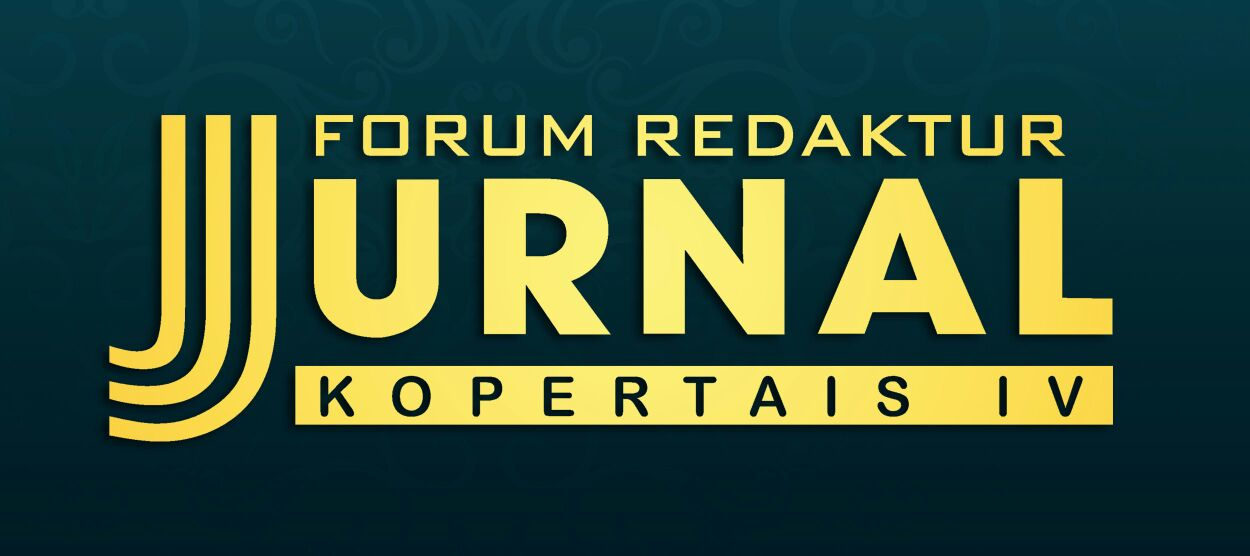Upaya Pesantren Mempersiapkan Kemandirian Ekonomi Santri di Era Revolusi Industri 4.0
Studi Kasus di Pondok Pesantren Ar-Risalah Lirboyo Kota Kediri
DOI:
https://doi.org/10.54437/alidaroh.v7i1.788Keywords:
Boarding school, Independence, EconomyAbstract
This article discusses the breakthroughs made by Islamic boarding schools in order to equip students in the Industrial Revolution 4.0 era so they are not left behind in the economic field. Although the Ar-Risalah Lirboyo Islamic Boarding School still adheres to salafiyah teachings, this pesantren prepares its students to be able to survive in today's era. This paper will discuss the background of efforts to prepare student economic independence, the implementation of student independence preparation programs, and student readiness to face the Industrial Revolution 4.0. This research uses a qualitative approach with a case study type. In this study, data were obtained from two sources, namely humans and non-humans. Humans as informants in this study were caregivers, teacher, and students. While non-humans are documentation of Islamic boarding schools. The results of this study are caregivers who have a far-reaching vision to empower their students to live in their era. This vision is then realized by equipping students with IT teaching and mastery of foreign languages ??in the form of Arabic, English, Mandarin and Japanese. Apart from IT, students are also provided with life skill training. Ar-Risalah Islamic boarding school students are very ready to compete in the global world because they have mastered technology and foreign languages.
Downloads
References
A. V. S. Hubeis, “Perilaku Masyarakat Dalam Pemanfaatan Information and Communication Technology Dalam Mendukung Pengembangan Masyarakat Global,” Jurnal Komunikasi Pembangunan Volume 8, Nomor. 2 (2010): 24, https://doi.org/10.46937/820105700.
Annisa, Amalia Sejarah Revolusi Industri Dari 1.0 Sampai 4.0, 2021, https://doi.org/10.13140/RG.2.2.20215.24488.
Azra, Azyumardi Esei-esei Intelektual Muslim dan Pendidikan Islam. Jakarta: Logos Wacana Ilmu, 1998.
Dhofier, Zamakhsyari, Tradisi Pesantren (Studi Tentang Pandangan Hidup Kyai). Jakarta: LP3ES, 1985.
Harahap, n. J. “Mahasiswa dan Revolusi Industri 4.0,” ecobisma j. Ekon. Bisnis dan Manaj., vol. 6, no. pp. September. 2019, doi: 10.36987/ecobi.v6i1.38.
Humaidi, Anis “Bargaining Pesantren Di Era Revolusi Industri 4.0,” Prosiding Nasional 2, 2019.
Karni, Asrori S. Etos Studi Kaum Santri: Wajah Baru Pendidikan Islam. Mizan Publika, 2009.
Mastuhu, Memberdayakan Sistem Pendidikan Islam. Jakarta: Logos, 1999.
Mastuki, M. Ishom. Intelektualisme Pesantren. Jakarta: Diva Pustaka, 2006.
Ni’mah, Ulyn “Pemanfaatan Internet Sebagai Sumber Belajar Pendidikan Agama Islam,” Conference on Islamic Studies FAI 2019, no. 0 (February, 2020). https://doi.org/10.30659/cois.v0i0.8016.
Sarbiran, Tantangan dan Peluang Pendidikan Islam di Indonesia dalam Muslih Usa dan Aden Wijaya, Pendidikan Islam dalam Peradaban Industrial. Yogyakarta: UII, 1997.
Sugandi, dkk. Peran Pondok Pesantren (Ponpes) Modern Dalam Pemberdayaan Ekonomi Masyarakat. Tabdir Muwahhid, Volume. 01 Nomor 2. Oktober, 2017.
Thoriquttyas, Titis and Farida Hanun, “Amplifying the Religious Moderation from Pesantren: A Sketch of Pesantren’s Experience in Kediri, East Java,” Analisa: Journal of Social Science and Religion. Volume 5, Nomor 02 December. 2020. https://doi.org/10.18784/analisa.v5i02.1147.
Downloads
Published
How to Cite
Issue
Section
License
Copyright (c) 2023 Anis Humaidi

This work is licensed under a Creative Commons Attribution-ShareAlike 4.0 International License.










